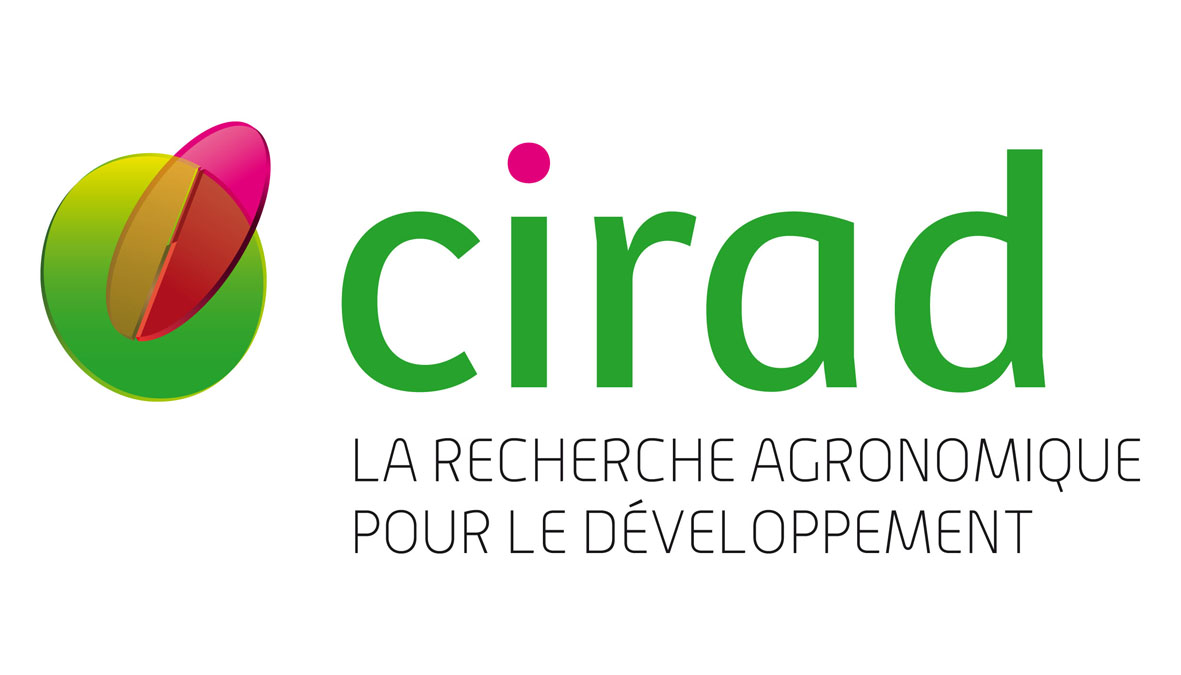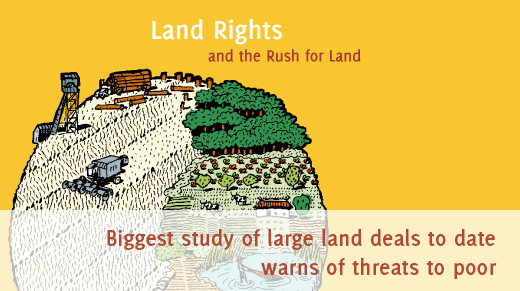CIRAD is a French research centre working with developing countries to tackle international agricultural and development issues.
Status
CIRAD (Centre de coopération internationale en recherche agronomique pour le développement) is a public industrial and commercial enterprise (EPIC) under the joint authority of the Ministry of Higher Education and Research and the Ministry of Foreign and European Affairs.
Mandate
CIRAD works with the whole range of developing countries to generate and pass on new knowledge, support agricultural development and fuel the debate on the main global issues concerning agriculture.
CIRAD is a targeted research organization, and bases its operations on development needs, from field to laboratory and from a local to a global scale.
Activities
CIRAD's activities involve the life sciences, social sciences and engineering sciences, applied to agriculture, food and rural territories.
CIRAD works hand-in-hand with local people and the local environment, on complex, ever-changing issues: food security, ecological intensification, emerging diseases, the future of agriculture in developing countries, etc
Members:
Resources
Displaying 61 - 65 of 72BIGGEST STUDY OF LARGE LAND DEALS TO DATE WARNS OF THREATS TO POOR
The most comprehensive study of large land acquisitions in developing countries to date — published online on by the International Land Coalition (ILC) — has found more evidence of harm than benefits. The report strongly urges models of investment that do not involve large-scale land acquisitions, but rather work together with local land users, respecting their land rights and the ability of small-scale farmers themselves to play a key role in investing to meet the food and resource demands of the future.
Le lac Tchad et N’Djaména une relation porteuse de développement ?
Les sécheresses des années 1970-1980 et le réchauffement climatique attirent l’attention médiatique sur les risques de disparition du lac Tchad. Alors que la plupart des avis scientifiques contestent cette vision pessimiste, nous proposons ici d’étudier la dynamique des relations entre N’Djaména, capitale sahélienne de plus d’un million
Decentralising land management
Land appropriation in developing countries has boosted interest in land policy. Issue 4 of Perspective sheds light on the issue, by analysing the novel policy of decentralized land management adopted in Madagascar.
Evolution des pratiques de gestion dans les exploitations agricoles familiales des savanes cotonnières d'Afrique centrale
En zones de savanes cotonnières d'Afrique centrale, les densités de populations sont variables et en augmentation. Les modes d'exploitation agricole varient de l'agriculture itinérante répandue en Centrafrique à l'agriculture continue dominante au Cameroun et au Tchad. L'exploitation agricole familiale est une unité familiale de production, de consommation, d'accumulation et de résidence.





